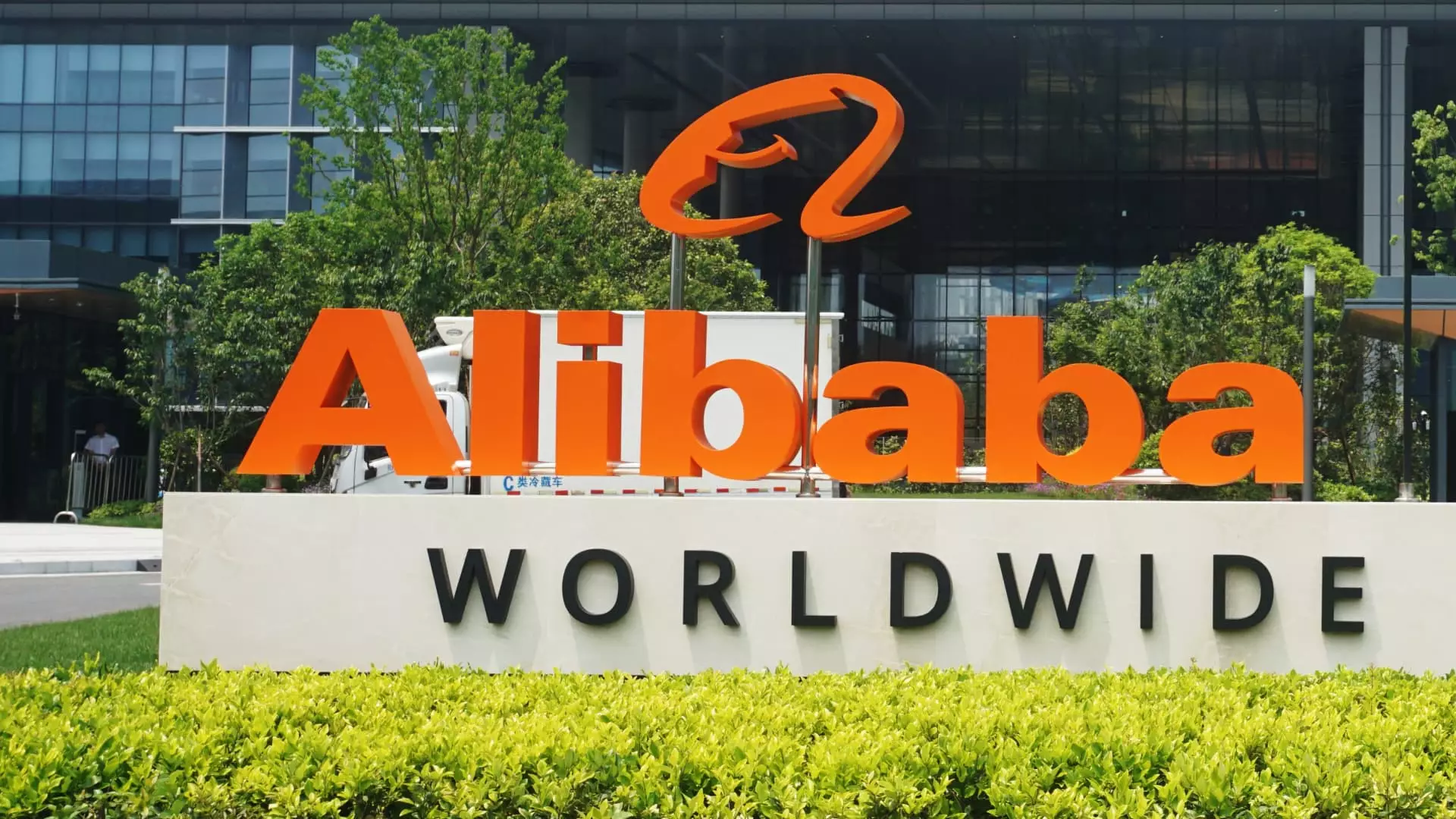In recent developments, Alibaba, the titan of Chinese e-commerce, has unveiled an upgraded version of its AI-driven translation tool, promising improvements that could outshine competitors like Google, DeepL, and ChatGPT. The international segment of Alibaba, under the brand Marco MT, stated that this assertion is built upon evaluations by the translation benchmarking framework Flores. With a robust user base of 500,000 merchants already utilizing the previous version launched just a year ago, this new tool is positioned to transform the way sellers conduct cross-border e-commerce.
The latest iteration of the translation tool is underpinned by large language models, which are pivotal in interpreting not just the text but the context surrounding it. Kaifu Zhang, the VP of Alibaba International Digital Commerce Group, emphasized that the tool goes beyond mere word-for-word translation. It strategically incorporates cultural nuances and industry-specific terms, creating a more relatable experience for consumers in different markets. This is a significant enhancement over traditional translation systems, which often fail to convey the intended message effectively due to literal translations.
According to Zhang, the core objective of Marco MT is to bolster the merchants’ bottom line. By facilitating better communication with potential customers, the tool intends to not only benefit the sellers but also enhance Alibaba’s platform revenue. Through improved translations, Alibaba aims to create an environment where both merchants and consumers thrive, highlighting an understanding that the marketplace’s health is interlinked with the success of its users.
The translation tool currently supports 15 languages, ranging from Arabic to Ukrainian, signifying Alibaba’s intent to cater to a diverse international audience. Zhang anticipates significant interest particularly from Europe and the Americas, with emerging markets also expected to leverage the tool substantially. Notably, emerging countries represent about half of the top 20 users for AI tools on Alibaba.com, showcasing the global demand for effective translation solutions.
Moreover, as Chinese manufacturers and merchants increasingly seek international growth, tools such as Marco MT become indispensable. Competitors like PDD Holdings’ Temu and Shein, as well as ByteDance’s TikTok, are testing the waters of global e-commerce, showcasing a trend where Chinese businesses are no longer limited to local markets. This surge necessitates advanced translation capabilities to ensure Chinese products resonate with consumers worldwide.
Since its initial launch, the original version of Marco MT has already facilitated over 100 million product listings, demonstrating its utility in the competitive e-commerce landscape. The practicality of the translation tool is rooted in its pricing model, which is based on the volume of text translated. While Zhang opted not to disclose specific pricing for the updated version, he noted that it is integrated into service bundles, allowing merchants to test the waters without heavy upfront investments.
The impact of effective translation can be exemplified through everyday scenarios; for instance, a culturally specific term for a product like slippers might lose its allure if translated verbatim into another language. Such nuances are critical, especially as larger sales events, like Alibaba’s annual Double 11 festival, draw near. Zhang expressed optimism that the upgraded engine would significantly enhance consumer experience during this cornerstone shopping event, which has been marked by aggressive sales and promotions annually.
The international segment of Alibaba, which encompasses various platforms including AliExpress and Lazada, reported impressive growth figures, achieving a 32% increase in sales to $4.03 billion in the past quarter. This stands in stark contrast to the 1% decline experienced by Alibaba’s primary platforms, Taobao and Tmall, focusing on the domestic Chinese market. The innovation in translation services plays an essential role in driving this expansion, offering a competitive edge against other e-commerce giants.
Nomura analysts have projected a slight deceleration in growth for Alibaba’s international revenue, estimating a 29% increase year-over-year for the quarter ended September. Nevertheless, this sustains a positive outlook for Alibaba’s international strategy, which appears to capitalize on the rise of digital commerce. With its ongoing innovations, Alibaba is well-positioned to continue serving as a pivotal player in the global marketplace.
Alibaba’s launch of an enhanced AI translation tool could redefine the e-commerce landscape by empowering merchants to reach wider audiences with relevant and culturally sensitive content. As the digital economy continues to evolve, tools that foster effective communication will prove to be invaluable assets for businesses venturing into the realm of international sales.

